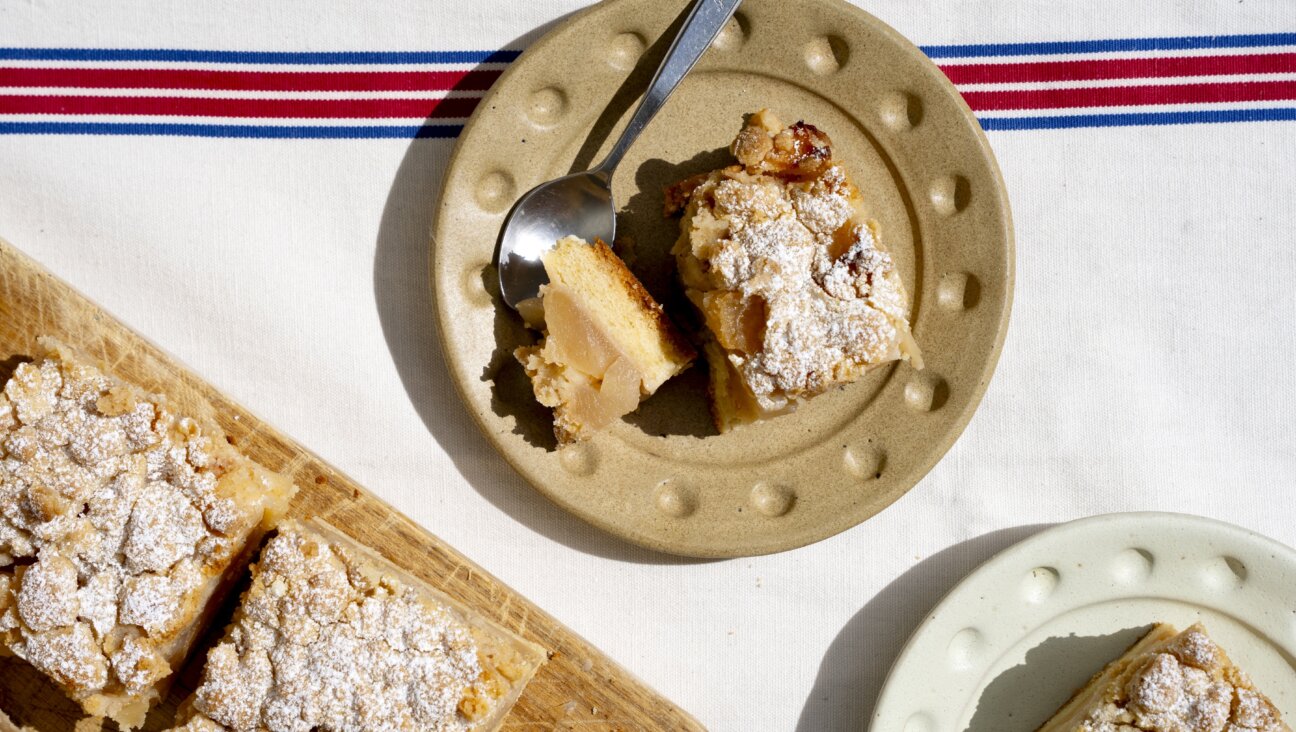The Only Harissa Recipe You’ll Ever Need

Image by iStock
In Tunisia, harissa is served as a dip, drizzled with olive oil, and often garnished with canned tuna and olives. It is a fixture of most main meals, brought to the table with bread before any other food is served. The chilies used for harissa in Tunisia are very mild and I usually bring back some when I visit, but if I don’t have any I use a mixture of dried Mexican guajillo and árbol chilies to approximate the mild heat of Tunisian harissa.
(makes 2 cups/500 mL)
Ingredients:
5 ounces (150 g) dried guajillo chilies
1/2 ounce (15 g) dried árbol chilies
Boiling water
1/4 cup (25 g) caraway seeds
10 cloves garlic, peeled
Sea salt
Extra- virgin olive oil, for covering the harissa
-
Pull the stems off the chilies. Shake out and discard the seeds. Rinse the chilies under cold water, then soak them in boiling water for about 30 minutes.
-
Put the caraway seeds in a food processor and process for a minute or so, then add the garlic and a little salt and process until the garlic is almost completely minced.
-
Drain the chilies. Add to the garlic and caraway seeds and add more salt to taste— the harissa needs to be salted enough without tasting salty. Process until you have a lightly textured paste—the chilies should not be completely pulverized.
-
Taste and add more salt if necessary. Spoon into a 1-pint (500 ml) glass jar. Pour in enough olive oil to completely cover the surface of the harissa. This will help preserve it—make sure you top up the oil every time you use some of the harissa. Well covered in oil, harissa will keep for months in the refrigerator.
This is an excerpt from Feast: Foods Of The Islamic World by Anissa Helou, published by Ecco, an imprint of HarperCollinsPublishers
















